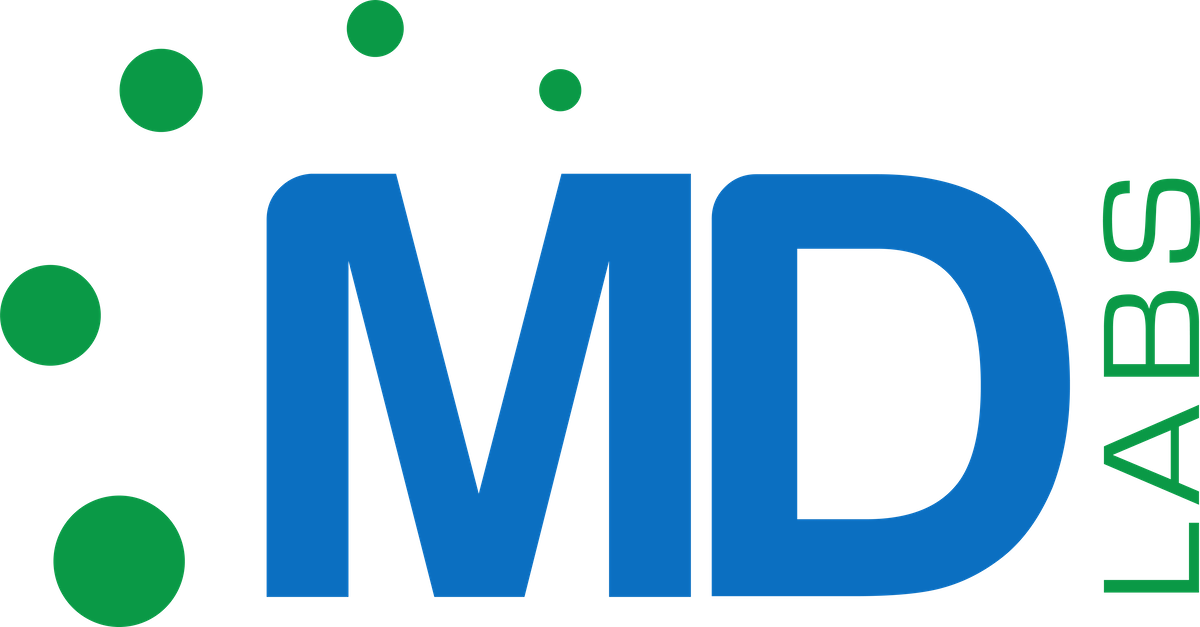A Deep Dive into Urine Drug Testing
Matthew Rutledge - Co-founder of MD Labs - joins Practicing Physician, Addiction Medicine Specialist and Host Dr. Casey Grover to discuss lab testing methodologies, detection capabilities, and emerging trends in substance use.
Casey Grover, MD, FACEP, FASAM - Addiction Medicine Made Easy Podcast
Urine (or saliva) drug testing provides critical insights for addiction treatment, helping clinicians understand what substances patients are actually using and how the drug supply is rapidly changing. Matthew Rutledge, founder of MD Labs, shares his expertise on testing methodologies, detection capabilities, and emerging trends in substance use.
Different drug test types include basic immunoassay cups (similar to pregnancy tests), which detect drug shapes but can have false positives/negatives
Liquid and Gas chromatography with mass spectrometry provides highly accurate substance identification down to nanogram levels
Laboratories can develop new tests for novel substances in as little as 1-3 months using lab-developed tests
Poppy seed muffins can genuinely cause positive opiate tests depending on seed source and patient body mass
Unexpected test results require clinical judgment—some exposures may occur through contamination, intimate contact, or environmental exposure
Integration of pain and addiction medicine allows better co-management of patients with both conditions
Emerging threats include nitazine opioids, exotic benzodiazepines, and tianeptine ("gas station heroin")
Test adulteration methods (vinegar, bleach, dilution) can be detected through validity testing for oxidants, creatinine levels, and specific gravity
Dr. Grover hosts the Addiction Medicine Made Easy Podcast, available on Apple Podcasts, Spotify, iHeart, and many other platforms. To contact Dr. Grover: ammadeeasy@fastmail.com
